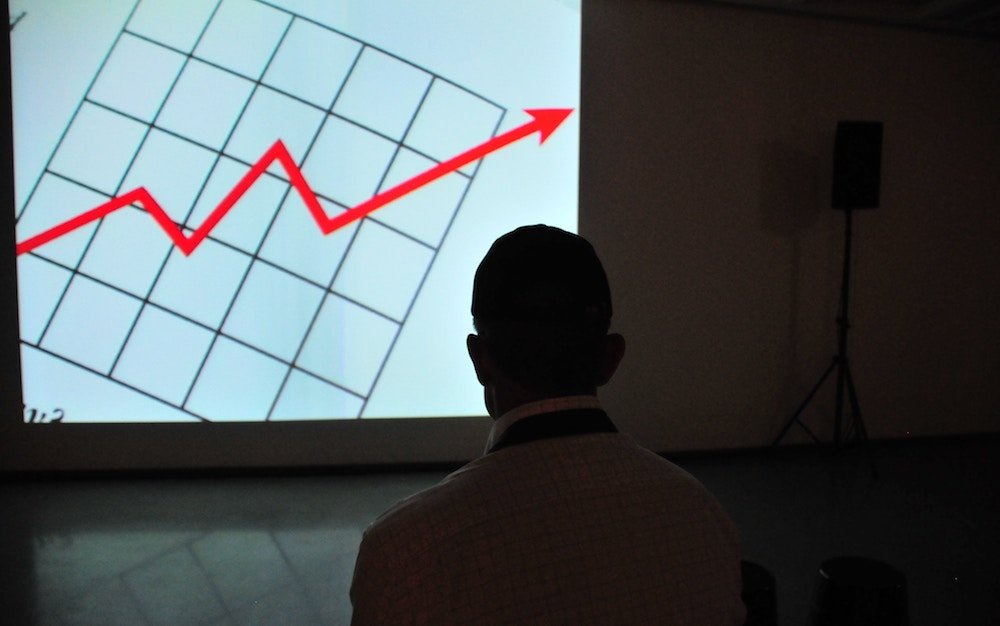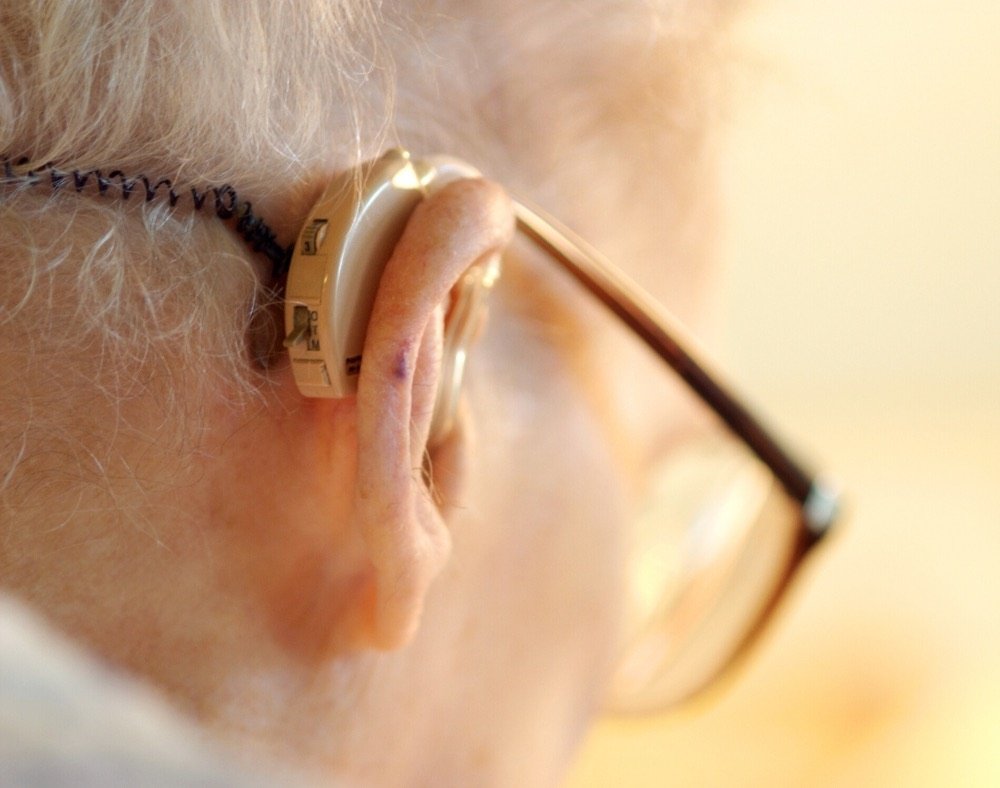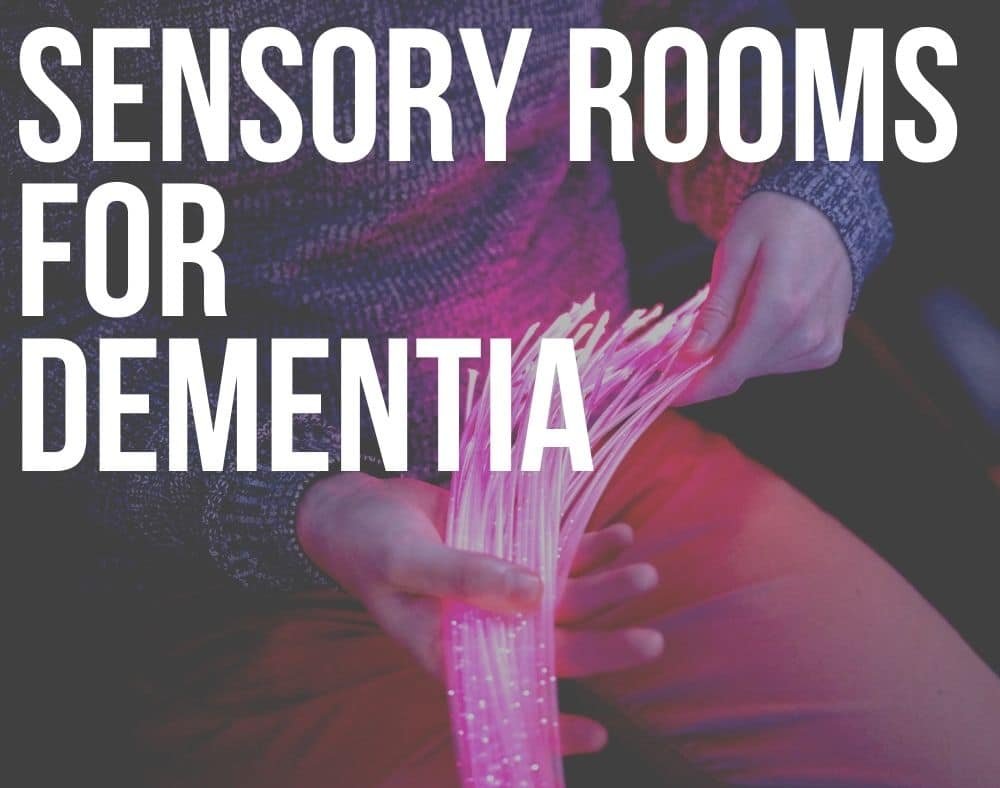Researchers continue to work hard to establish the exact relationship between dementia and hearing loss.
This is after numerous studies suggest that hearing loss can increase dementia risk.
Dementia is a medical term that describes multiple symptoms characterized by deterioration in a person’s cognitive abilities.
Previously, experts believed that hearing loss was a normal aging process. Recent findings, however, point to the fact that it may play a significant role in brain health.
Worth noting is that there are common symptoms of both hearing loss and dementia such as:
- Changes in communication methods
- Confusion during conversations
- Challenges in completing daily tasks
- Feelings of stress or fatigue
Statistics reveal that hearing loss is the 3rd most common health condition in elderly persons.
About 30% of individuals aged over 65 and 55% of seniors over 80 suffer from some degree of hearing loss.

Around the globe, it is estimated that about 580 million people are affected by hearing loss. The Lancet Commissions published a study in 2015, revealing that 47 million in different parts of the world are living with dementia.
By 2050, this number will most likely be up by X3 or more.
Contents
The Link Between Hearing Loss and Dementia
An associate professor of epidemiology and otolaryngology at Johns Hopkins University Frank Lin M.D, Ph.D. kin 2011 conducted one of the studies seeking to uncover the link between dementia and hearing loss.
His study involved 639 cognitively stable participants. The individuals underwent regular supervision for 12-18 years.
The results of this study stated that participants with normal hearing had lower risks of developing dementia.
The risk of developing dementia was twice as much for older adults with mild hearing loss, triple for the ones with moderate hearing loss and shoots to up to 5 times for the elderly with severe hearing loss according to Lin’s findings.
Let’s gain more insight into how hearing loss increases the risk of dementia. Not just that, but some of the solutions that experts recommend.
Theories on How Hearing Loss can Increase Risk of Dementia

Several theories try to explain how dementia and hearing loss relate because the exact link is still a mystery such as:
Cognitive Load

One of the theories that try to explain how hearing loss increases dementia risk; states that the brain has a difficult time with degraded sounds.
As a result, the organ allocates more resources to processing the sounds causing a “cognitive load” which leads to a decrease in cognitive functioning because the brain is working overtime to try and figure out what other people are saying.
Straining to hear for long periods depletes mental energy and taps into the brainpower that the brain uses for other functions like thinking, remembering and acting.
Additionally, hearing loss has been known to accelerate atrophy in the cerebrum; a part of the brain that plays a role in memory and the processing of sound.
Changes in Brain Structure

Another theory on the relationship between dementia and hearing loss is that loss of hearing can affect the normal brain structure in that it leads to cognitive issues.
Through brain imaging studies, it has been noted that seniors with hearing loss tend to have less gray matter in the section of the brain that is responsible for receiving and processing sounds from the ears.
In most cases, this does not mean that a person is losing brain cells. It might imply that some brain cell structures are shrinking because of a lack of adequate stimulation.
Social Isolation

Social isolation also comes into play when talking about hearing loss and cognitive issues.
A study by NCOA (National Council on the Aging) of 2,300 hearing-impaired participants found that persons who go through untreated hearing loss are most likely to experience worry, loneliness, paranoia, depression, and anxiety.
When a person is hard of hearing, a majority would rather not socialize in groups.
They will also avoid going to social places like restaurants or clubs.
Social isolation for the longest time has been recognized as one of the risk factors that intensify the risk of dementia and cognitive decline.
Solutions

Although there has not been much research in terms of looking into treating hearing loss to treat dementia, there are a few studies that can offer hope.
Isabelle Mosnier, M.D a French researcher recommends the use of cochlear implants for individuals who have intense hearing loss.
This is after conducting a study with 94 seniors who were experiencing profound deafness for at least one year.
She found that hearing rehabilitation enhanced cognitive functioning and speech perception.
Closing Thoughts
If experts can establish the exact link between dementia and hearing loss, it will not be all gloom and doom.
This is because it may lead to more aggressiveness when treating hearing loss a factor that might end up starving off dementia and cognitive decline.
In the meantime, it is vital for any person experiencing hearing loss to get appropriate treatment as soon as possible.
This is because untreated hearing loss is one of the conditions that increase the risk of developing dementia.







